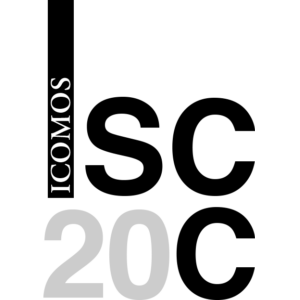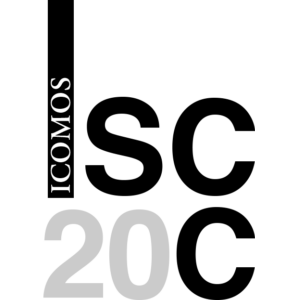ISC20C Annual General Meeting & Seminar
August 2024 | Jyväskylä, Finland
We are delighted to announce that the ICOMOS ISC20C Annual General Meeting will be organized in Finland on 19.–22.8.2024 by the International Scientific Committee on 20th Century Heritage and the Alvar Aalto Foundation in cooperation with the ICOMOS Finland, Aalto University, DOCOMOMO Suomi Finland and the City of Jyväskylä. Following the ISC20C event, participants will have the opportunity to join the 16th Alvar Aalto Symposium on Contemporary Architecture on 22.–23.8.2024 in Jyväskylä, the venue for which is the Main building of the University of Jyväskylä by Alvar Aalto.
INFORMATION
19.8.2024
Pre-Seminar Event: Helsinki City Walk
Guided Helsinki City walk including 20th century architecture: Lasipalatsi, Rautatalo, Academic Bookstore, Stockmann department store, and former Enso Gutzeit headquarters.
Time and starting point: 16:00–18:00, Kiasma Museum of Contemporary Art, Mannerheiminaukio 2, Helsinki
20.8.2024
ISC20C Seminar
The seminar will take place at the Aalto University campus in Espoo, Finland. The event will be open to ISC members and members of the National committees of ICOMOS and DOCOMOMO and the students attending Finnish schools of architecture. Please find information on seminar speakers below.
21.8.2024
ISC20C Annual General Meeting (AGM)
The meeting will take place at the Säynätsalo Town Hall by Alvar Aalto in Jyväskylä, Finland. Säynätsalo is located in Jyväskylä, situated 250 km from Helsinki. Several daily train and bus connections operate between the Helsinki airport and Jyväskylä for those not joining the charter bus on 21.8.2024.
22.8.2024
ISC20C Optional Meetings
The meetings will take place at the Säynätsalo Town Hall by Alvar Aalto in Jyväskylä, Finland.
SEMINAR SPEAKERS
Welcome & Introduction
Notes on the Madrid New Delhi Document
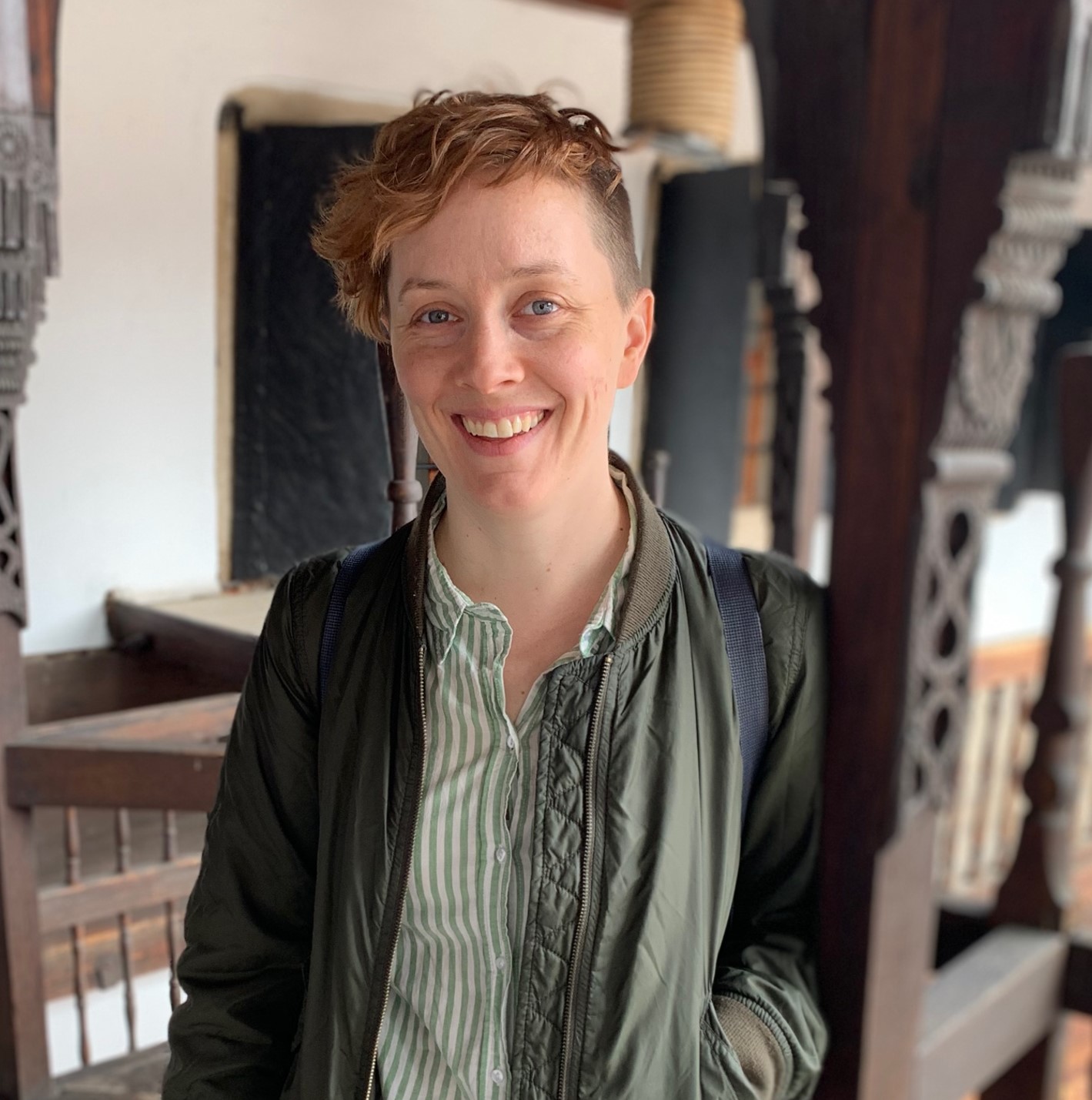
Katelyn Williams
Katelyn Williams is the Academic Coordinator for the Council on International Educational Exchange in Berlin and is in the process of completing her Ph.D. in Heritage Studies at Brandenburg University of Technology Cottbus-Senftenberg. Her doctoral research focused on the effects of heritage recovery on social revitalization in post-war Bosnia and Herzegovina. She holds an M.A. in World Heritage Studies from BTU, for which she completed a master’s thesis on the interpretation of the Teufelsberg Historic Site in Berlin. She gained several years of professional museum experience working in public programming and communications at New-York Historical Society and Brooklyn Historical Society.
Session 01: Diversity of Conservation Approaches and Climate Change
Heating Helsinki: An Architectural History of Fuel and Space
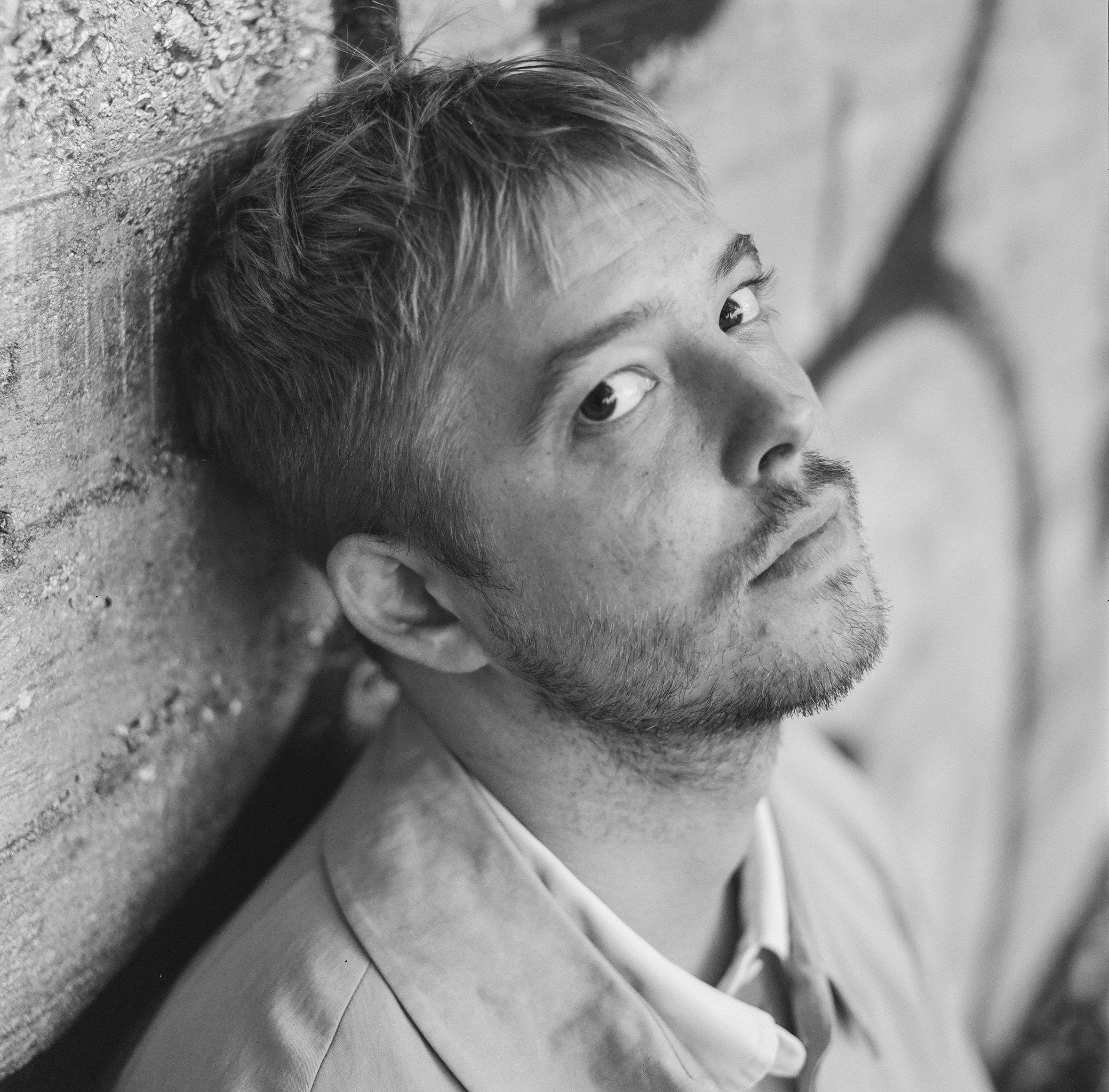
Frans Saraste
Frans Saraste (M.Arch) is an architect and doctoral researcher focused on the design history of energy sufficiency. His PhD monograph titled ”Heating Helsinki: An Architectural History of Fuel and Space” at Aalto University is due to be completed in 2025.His design background in both restoration and new buildings are informed by historical research, with an interest in passive design solutions that encourage habitants to engage with the building to harness a comfortable environment; passive design for an active dweller. His most important design projects include his role as a project architect/activist on the locally much discussed restoration proposal of the Lapinlahti Sanitarium (Lapinlahti 360), and the international research project Zero Arctic: Concepts for Carbon Neutral Arctic Construction Based on Tradition.
Frans is a research member of Puistokatu 4 House of Science and Hope, and a member of the architecture collective Suoja Ry. Frans will be a resident of The Cooper Union during the fall 2024.
When the Neoclassical was Modern
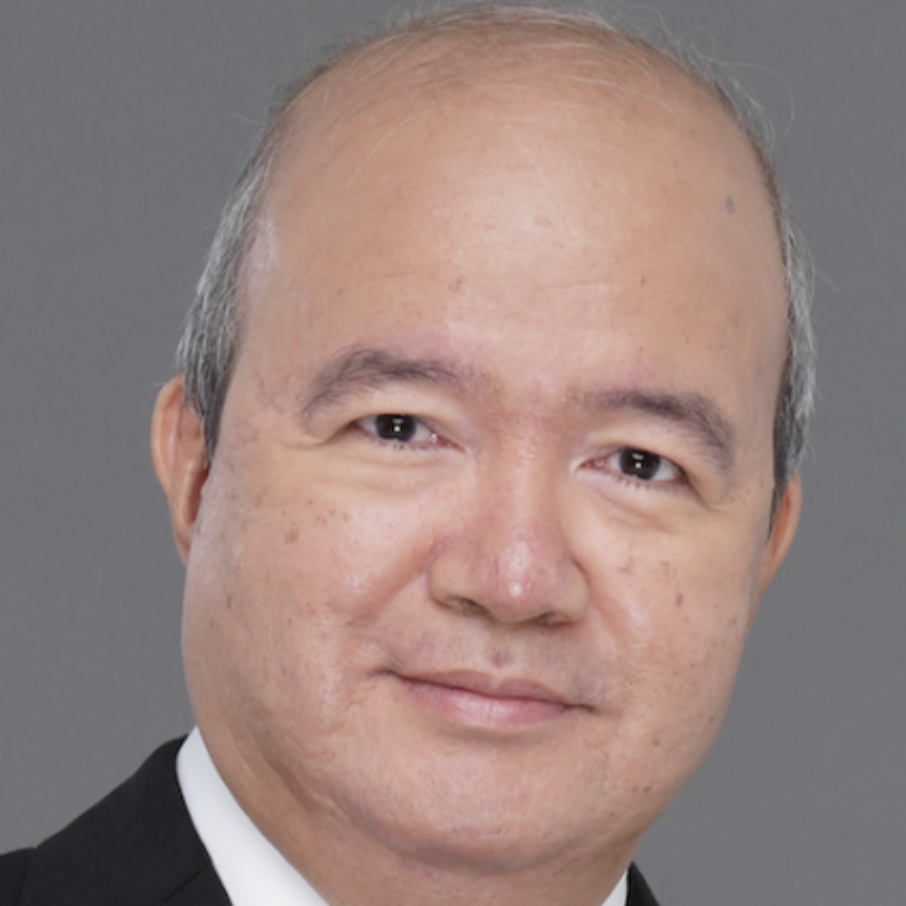
Dominic Galicia
Dominic Galicia is principal architect of Dominic Galicia Architects, a design-oriented practice established in 2001 whose work has been recognized for its sensitive attention to both concept and detail. Current projects range from the design of new structures and the conservation of older ones. Recent projects include Kilyawan Farm Resort in Ibaan, Batangas, which was Highly Commended in the 2023 World Architecture Festival and short-listedin the 2024 Brick Awards. Dominic Galicia obtained his professional degree in architecture in 1988 from the University of Notre Dame, Notre Dame, Indiana, where he was a Notre Dame Scholar. He was president of ICOMOS Philippines from 2014 to 2017, and is currently Philippine Voting Member in ISC20C. In 2022 he was elevated to the College of Fellows of the United Architects of the Philippines.
Thermal Comfort and Energy Efficiency in Historic Concrete Buildings: FRESCO Project
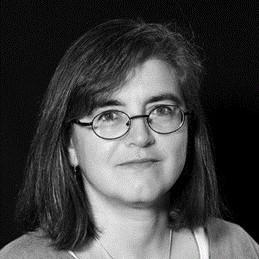
Elisabeth Marie Victoire
Elisabeth Marie-Victoire achieved materials sciences engineer and materials chemistry PhD degrees from Orsay and Jussieu French Universities. After 3 years working for Cercle des Partenaires du Patrimoine (CPP) as research engineer, she joined in 1997 the Laboratory of Research on historical monuments (LRMH), a national public service linked to the Architecture and Heritage department of the French Ministry of Culture (MC). She first integrated the metal department and she created in 2004 the concrete department that she is now heading for 20 years. Her fields of expertise are identification, diagnosis, conservation and restoration of historic concretes. She is providing field diagnosis and conservation advice for French listed concrete buildings and she is developing with her team research on 3 main topics: ancient cement identification, corrosion and moisture diagnosis tools, and conservation treatments. She is member of the French CNRS USR-3224 since 2012. She teaches art historians, conservators and material science masters, but also architects (France, China, USA). She is member of the commission « Steel corrosion in reinforced concrete » of the French Center for anti-corrosion (CEFRACOR), between 2020 and 2022 she was expert member and then vice-chairman of the commission CE22 of the French national agency for Research (ANR), and she is expert member of the ICOMOS International Scientific Committee on Twentieth Century Heritage.
Meanings and Perceptions of Change: Recognizing 20th Century (Post)Industrial Landscapes
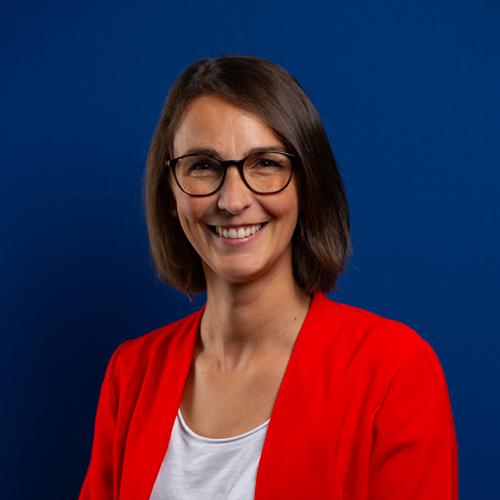
Federica Pompejano
Federica Pompejano (engineer, PhD cum laude in Preservation of the Architectural Heritage) is an assistant professor and fixed-term researcher in Architectural Restoration at the University of Genoa (UniGe), Department of Architecture and Design (DAD). From 2020 to 2022, she was an MSCA-IF Fellow at the Institute of Cultural Anthropology and Art Studies (formerly Akademia e Studimeve Albanologjike) in Tirana, where she implemented the project “Materializing Modernity - Socialist and Post-Socialist Rural Legacy in Contemporary Albania (MaMo)” which was funded under Horizon 2020, Excellent Science - Marie Skłodowska-Curie Actions programme. At DAD (UniGe), Federica is currently the Principal Investigator of the Land-In-Pro research project, which focuses on identifying, documenting, interpreting, and assessing (post)industrial heritage and landscapes. Her main research interests include architectural heritage preservation, critical heritage studies, material culture and architectural technology, architectural historiography, heritage-making processes and protection policies. She teaches “Principles of Conservation” in the international master’s degree programme in Architectural Composition at UniGe.
Aalto Buildings and the Challenges of the 21st Century
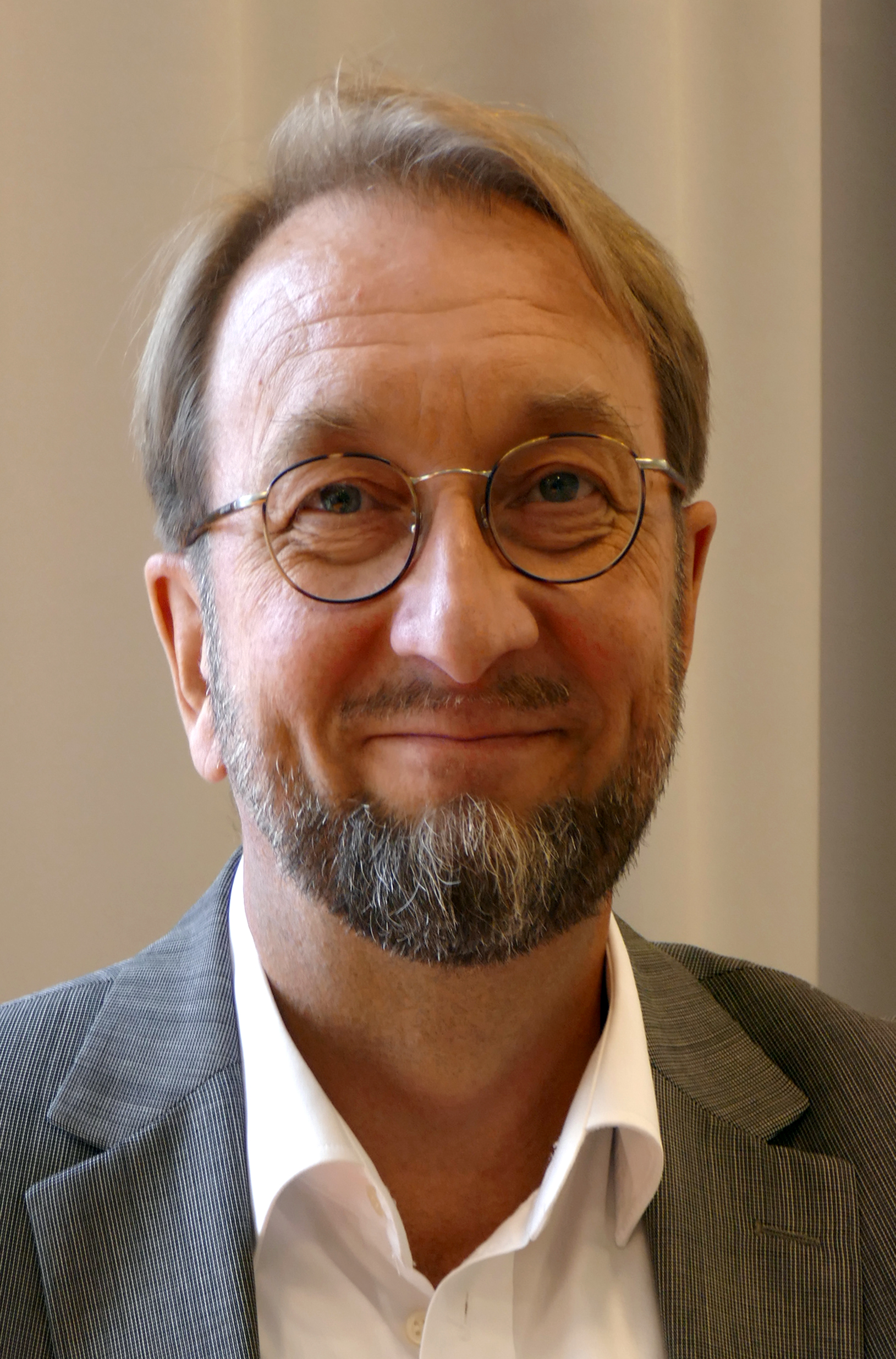
Tapani Mustonen
SAFA, born in Turku in 1961. Tapani Mustonen graduated as an architect from Tampere University of Technology in 1993. Tapani worked at Alvar Aalto & Co. in 1988-94 and then at Alvar Aalto Foundation in 1995-98. Tapani and architects mustonen ltd have focused especially on renovation and restoration design of valuable buildings. The main work is largely related to the architectural restoration of buildings designed by Alvar Aalto and the Aalto Office. Examples include the restoration of the Tehtaanmäki School (1938-40), the restoration of Villa Tammekann, Tartu, Estonia (1932-33), the restoration of the Vyborg Library, Vyborg, Russia (1928-35), the Lozzi & Lyhty student restaurant on the campus of the University of Jyväskylä (1954) and the restoration of the Aalto Library and Town Hall in Seinäjoki (1962-65). Since 2019 Tapani has been working as a restoration architect for Turku Castle (1280-). In addition to renovation and restoration work, his work includes the preparation of building history surveys. Tapani has served on the Helsinki City Image Advisory Board and the Europa Nostra Cultural Heritage Award Jury. Tapani is currently a Board Member of the Europa Nostra. He is also a member of the Technology Group of Docomomo.
Session 02: Raising Awareness of Late Twentieth Century Heritage
Liberation Movements as Bifurcated Places of Past History and Present Protest: The Late Twentieth Century Heritage of U.S. Civil Rights Movement Sites
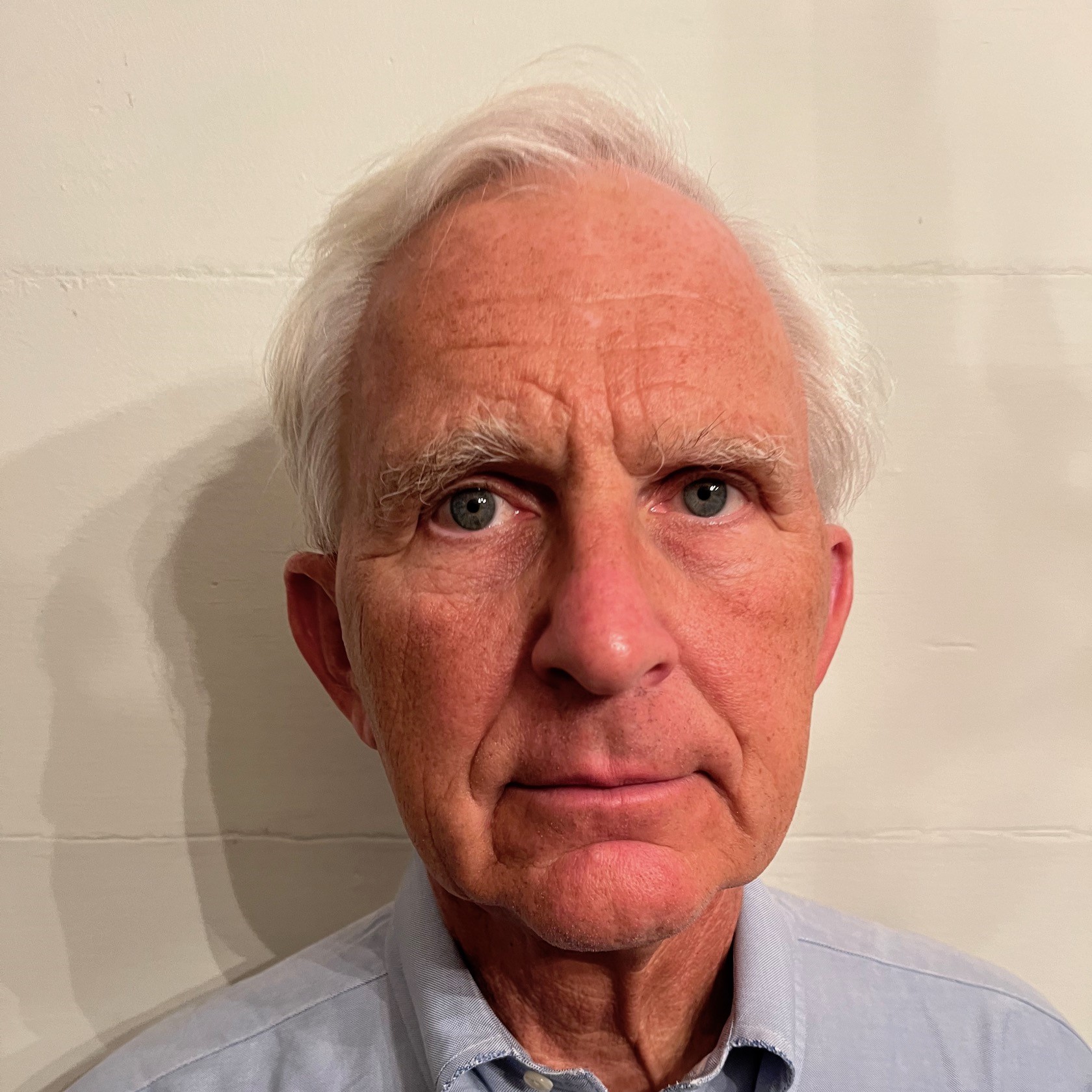
Glenn T. Eskew
Georgia State University Professor of History Glenn T. Eskew studies the United States South. Eskew has researched and written about the history of the region from his academic position at GSU in Atlanta where he has taught since 1993. His biography Johnny Mercer: Southern Songwriter for the World received the Bell Award from the Georgia Historical Society and was selected as a Choice Outstanding Academic Title. His But For Birmingham: The Local and National Movements in the Civil Rights Struggle received the Francis Butler Simkins Prize of the Southern Historical Association. Eskew is a recipient of two lifetime achievement awards: the Georgia Governor’s Award in the Humanities and the Hugh McCall Award of the Georgia Association of Historians. He has served as lead scholar on 19 National Endowment for the Humanities Summer Workshops for Schoolteachers and delivered papers across the United States and in Japan, China, Korea, South Africa, Argentina, and Germany. Currently he directs the Georgia State University World Heritage Initiative that has raised more than $2 million dollars to develop a potential serial nomination of U. S. Civil Rights Movement Sites for possible inscription on the World Heritage List.
Telling Stories. Changing the Perception About Malagueira
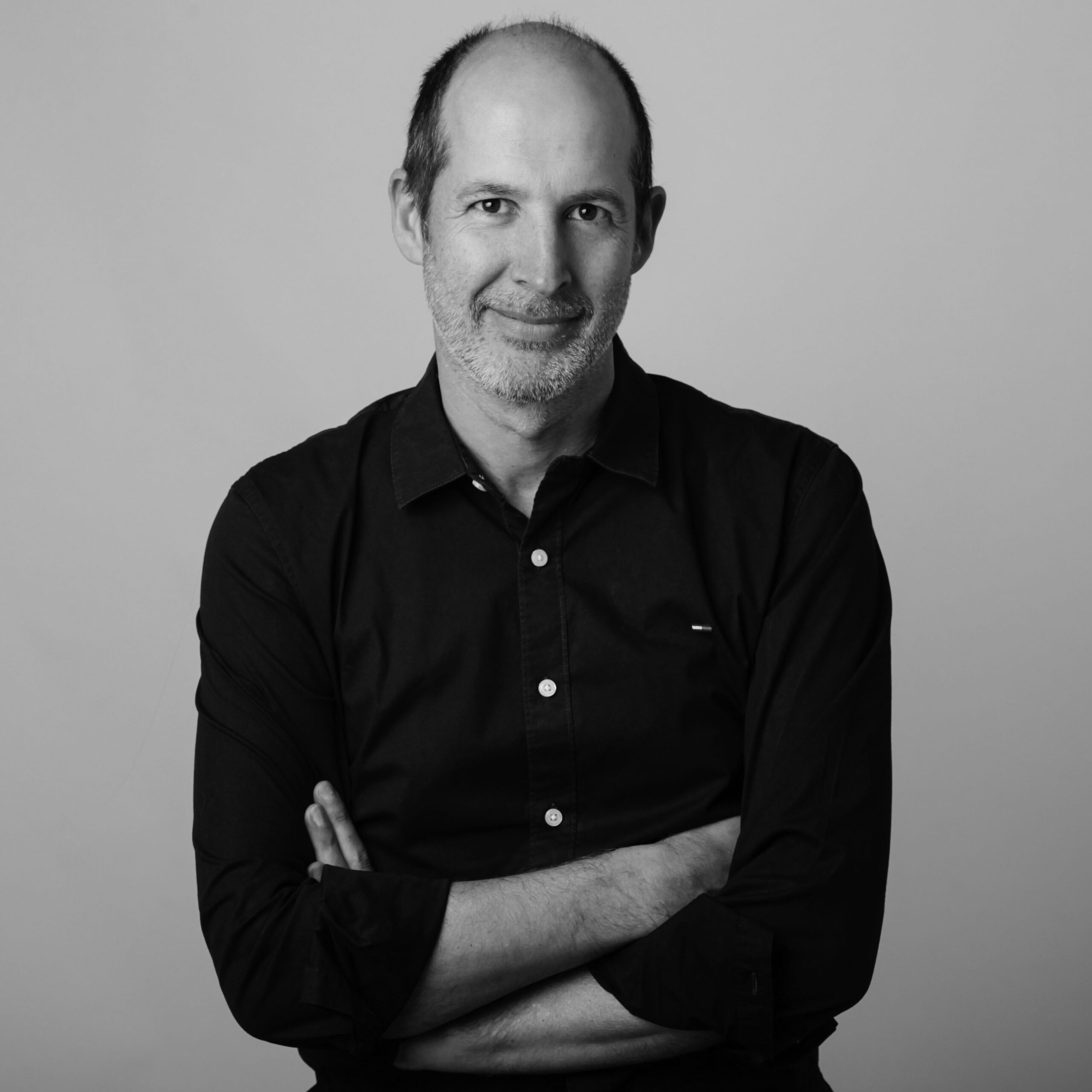
Pedro Guilherme
Pedro Guilherme (Lisbon, b. 1968) is a Portuguese architect graduated from the Faculty of Architecture of the Technical University of Lisbon in 1991. He holds a Master's degree in Urban Engineering from the Faculty of Science and Technology of the University of Coimbra (1996) and a PhD in Theory of Architecture and Architectural Practice from the Faculty of Architecture of the University of Lisbon (2016). Currently, he serves as an assistant professor at the Department of Architecture of the School of Arts at the University of Évora, where he teaches research methodologies, theory, history, and architectural design in the Integrated Master’s and PhD programs in Architecture. Pedro Guilherme is the Principal Investigator of the Research Project "MALAGUEIRA - PATRIMONY OF ALL - Subsidies for its classification," funded by the Foundation for Science and Technology (FCT), and is affiliated with the Center for Art History and Artistic Research (CHAIA) since 2009.
From 1996 to 2008, he worked at the Technical Support Architectural Design Office of Évora, and from 2008 to 2019, he was part of the Directorate of Regional Development Services of the Alentejo Regional Coordination and Development Commission, where he was responsible for architectural and urban planning projects, environmental impact assessments, and participated in international projects and conferences. In his private practice, he has authored and co-authored several award-winning architectural projects featured in specialized magazines. He was a member of the National Board of Directors of the Portuguese Order of Architects (2002-07), responsible for international institutional representations (UIA, ACE, UMAR, CIALP). He is also an active member of various community organizations, including serving on the General Council of Gabriel Pereira Secondary School (2017 to 2022), and as a member of the Commission for the Protection of Children and Young People of Évora (2021-22) and in the Scouts Regional Association (CNE, 2001-2010).
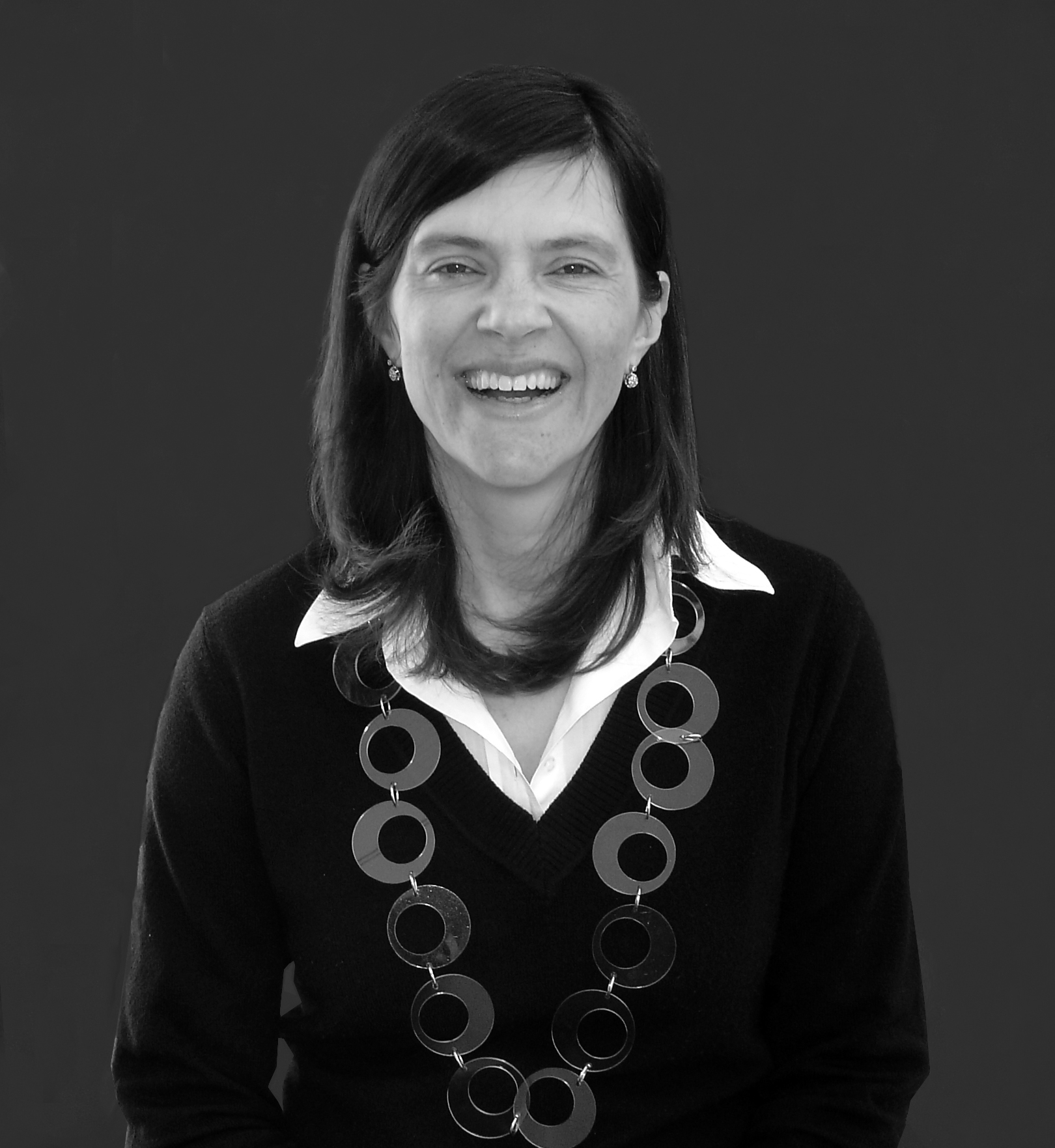
Sofia Salema
Sofia Salema (Lisbon, b. 1969) is a Portuguese architect whose career encompasses architectural practice, education, and research. She completed her graduate education at the Faculty of Architecture, Technical University of Lisbon in 1994, followed by specialised training in conservation in “the Examination and Conservation of Architecture Surfaces,” organised by ICCROM in collaboration with the Osterreichisches Bundesdenkmalamt, in 1996. Later, she earns a Master’s in Architectural and Landscape Conservation from the University of Évora in 2006 and a PhD in Architecture in 2012. Sofia is currently an Associate Professor at the University of Évora, where she plays a pivotal role in the master's and PhD programs in Architecture, with a particular focus on research by design methodologies. She has held leadership positions, including Director of the Department of Architecture and Director of the PhD Program in Architecture, as well as Vice-Chair of the Scientific Council at the Center for Art History and Artistic Research (CHAIA, UE). She also co-leads the FCT-funded Malagueira.PT project, which investigates Malagueira project designed by Álvaro Siza Vieira.
Salema is also an active curator, author, and educator, with numerous publications and exhibitions. She frequently participates in international conferences and scientific events, contributing to the international debate on architectural design and heritage conservation. Between 1995-2008 she works as an architect at the Évora Regional Directorate of the Portuguese Institute for Architectural and Archaeological Heritage (IPPAR). She was responsible for designing, surveying and overseeing preservation and restoration projects, as well as coordinating and managing projects that have received national acclaim. As an architect, she authored or co-authored many rehabilitation projects, most of them in heritage buildings (some of them have been published and received national prizes of architecture).
A New Narrative for Preservation: The Twentieth Century Transformation of the Historic Peninsula in Istanbul
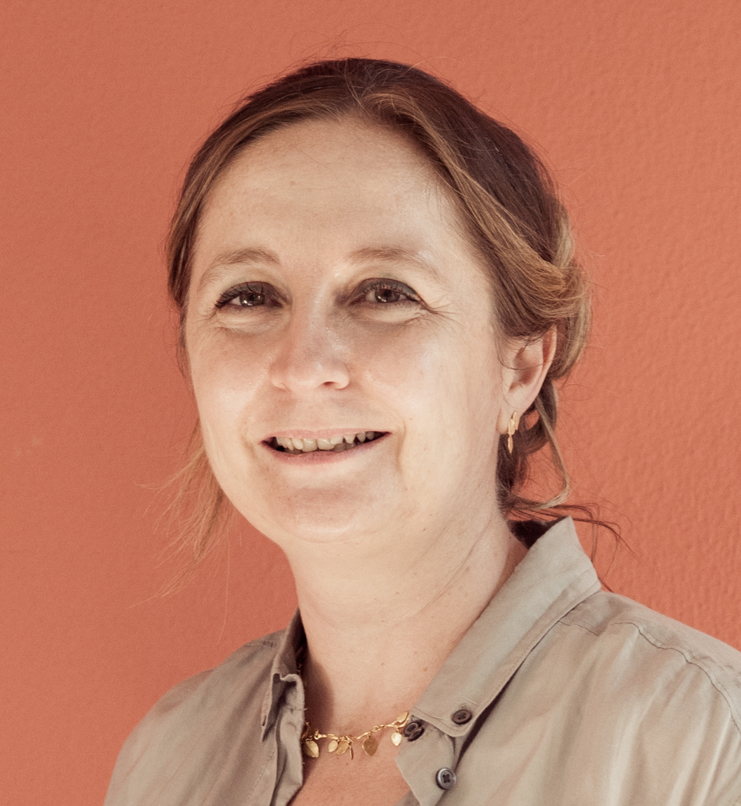
Nilüfer Baturayoğlu Yöney
Nilüfer Baturayoğlu Yöney is a professor of architectural history and preservation. She studies survey, documentation and preservation methods, conservation of building materials and technologies, and preservation of modern and industrial heritage. She designed several adaptive reuse projects for AGU. She is a member of docomomo, ICOMOS and ISC20C.
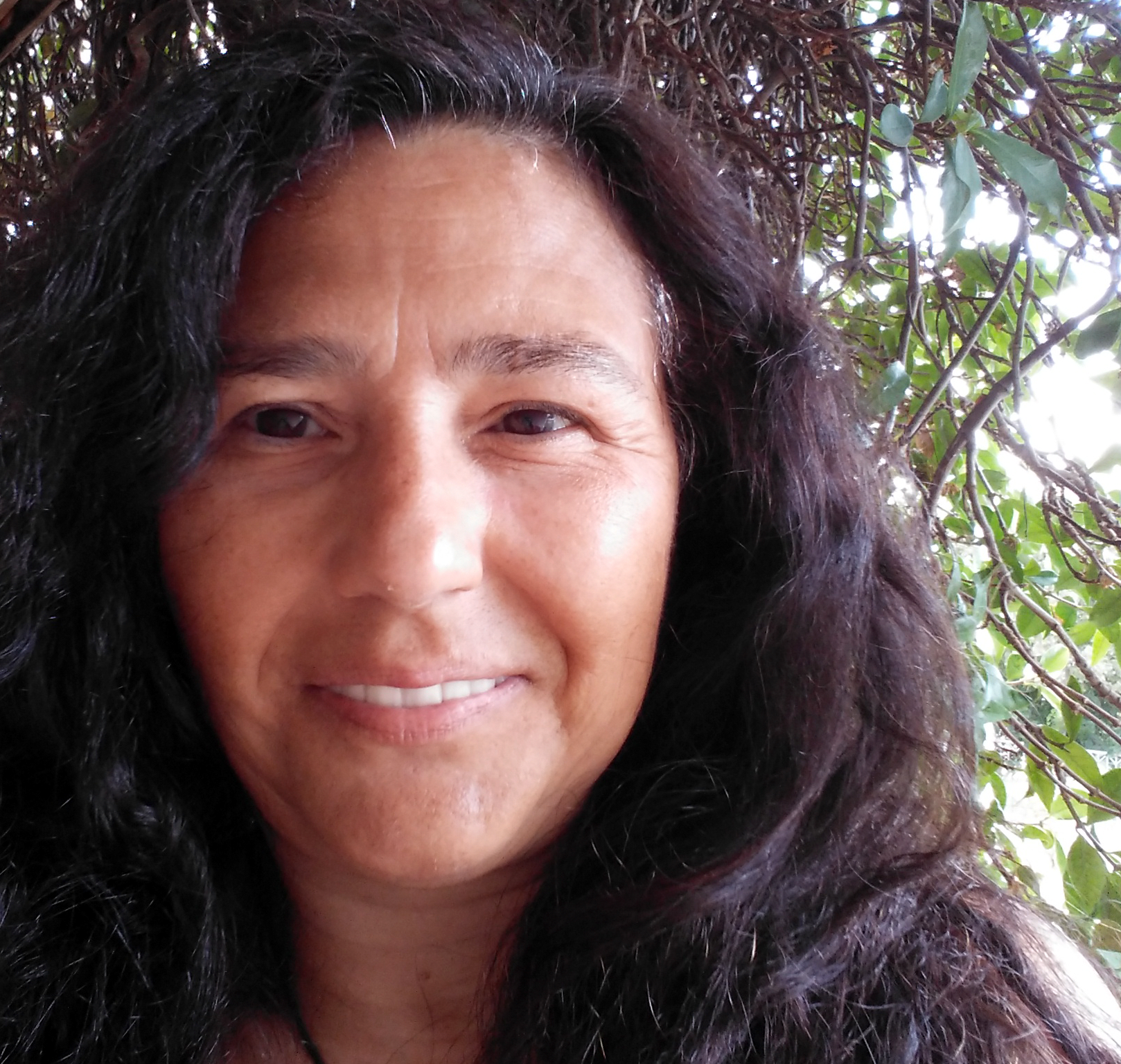
Yıldız Salman
Yıldız Salman is Assistant Professor and teaches architectural conservation at ITU - Istanbul Technical University School of Architecture. She is the co-chair of DOCOMOMO Turkey and member of ICOMOS ISC20C. Her research areas include urban conservation,19th and 20th century İstanbul, conservation of industrial, 20th century and modern architectural heritage.
Urban Creativity and 20th Century Heritage
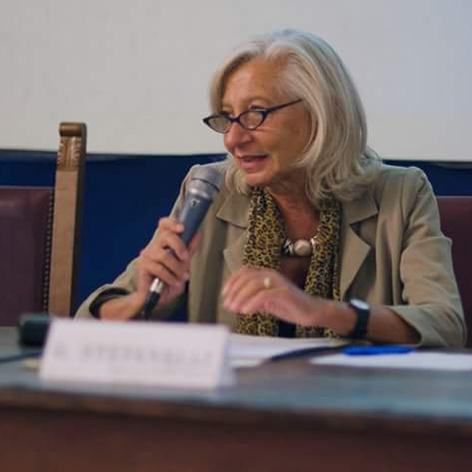
Cettina Lenza
Cettina Lenza, architect, since 2001 is full professor of History of Architecture at the Second University of Naples (now University of Campania Luigi Vanvitelli), where she was also Faculty Dean. She currently teaches History of Contemporary Architecture and History and Enhancement of Cultural Heritage. Her studies are mainly devoted to authors, works and themes of contemporary architecture, as well as 18th-20th century theory and criticism. Among her research, she was principal investigator for the Project of National Interest on asylum complexes in Italy between the 19th and 20th centuries. She is a corresponding or full member of leading scientific academies. Several times on the Board of Directors of Icomos Italia and also for one term Deputy Vice-President, she founded in December 2018 the National Scientific Committee on 20th Century Heritage.
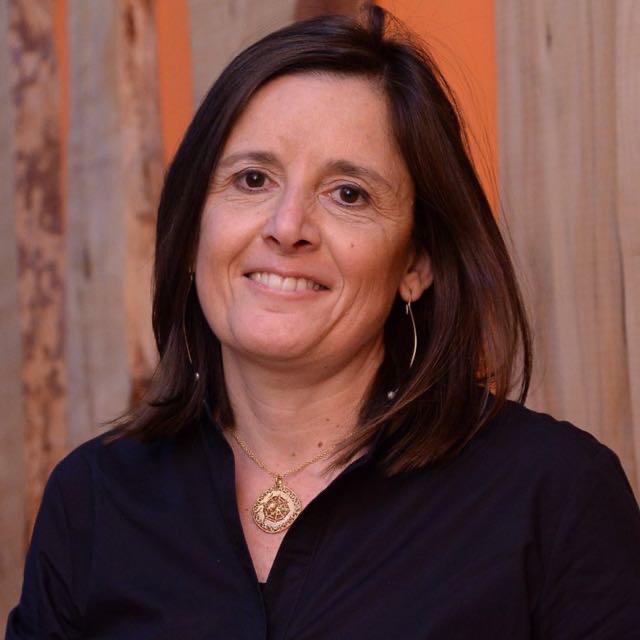
Ornella Cirillo
PhD in 'History and Conservation of Architectural Heritage', she is Associate Professor (SSD ICAR/18), at the University of Campania 'Luigi Vanvitelli' - Department of Architecture and Industrial Design, where she teaches 'History of the City' and 'History of Fashion'. As part of his research activities, he deals with both themes of architectural and urban culture from the 18th century to the present day, and investigations into the history of contemporary fashion. On both topics he has published monographs, articles and essays, in particular on: Carlo Vanvitelli, Vincenzo Lamberti and other 18th-century architects from Campania; the urban history of Naples and Caserta; figures in Italian fashion. Recent studies are on the action of urban creativity in historical villages in Campania. Since 2019 he has been a Member of ICOMOS Italy, as a member of the Scientific Committee for 20th Century Heritage; and since 2023 she is in the Board Committe of ICOMOS Italy.
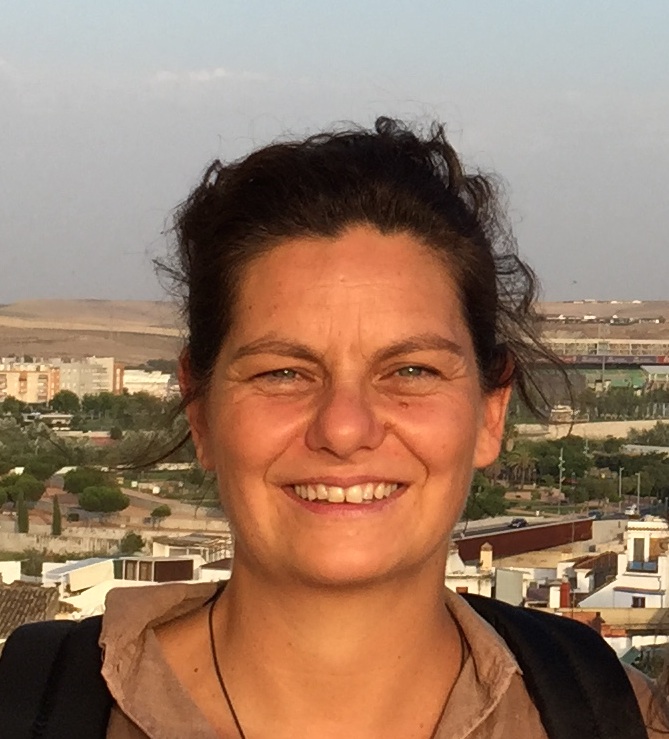
Maria Teresa Como
Maria Teresa Como, architect specialist in Restoration of Monuments, PhD in Archaeology, is Associate Professor of Architectural Restoration at the Department of Humanities of Suor Orsola Benincasa University of Naples, where she teaches on the degree courses in Cultural Heritage Sciences and in Conservation and Restoration of Cultural Heritage History of Restoration, History of Early Modern Architecture, and Ancient Building Techniques. Her research is mainly addressed to the critical analysis of historical architecture - from the Ancient Age to the 20th Century - in investigating aspects of form and construction and reading its phases and building processes, also in order to recognise qualities and identities on which to orient conservation. As Icomos Italia member, she has been participating in the activities of the Scientific Committee XX Century Heritage since 2019.
The Action Plan for Modern (Post-IIWW) Built Heritage in Finland
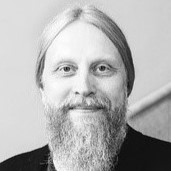
Juhana Lahti
PhD, docent Juhana Lahti works currently as Senior Researcher at the Finnish Heritage Agency. In his research and publications Lahti has focused on the history of modern architecture and planning, especially on the post Second World War decades. He is also interested in questions related to sustainable development and built heritage as well as digital paradigm shift in culture.
